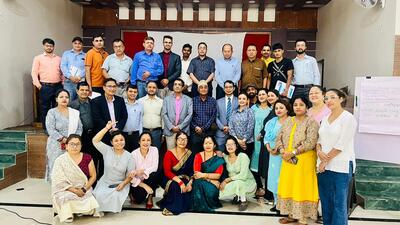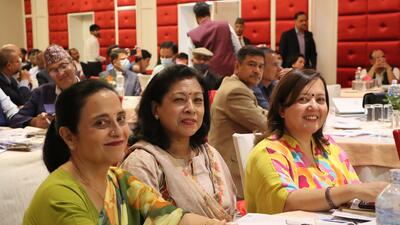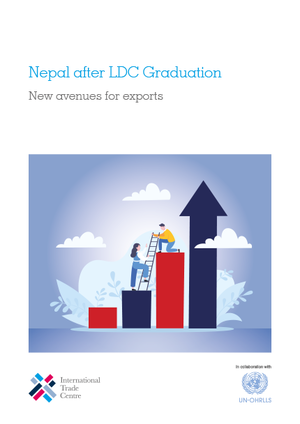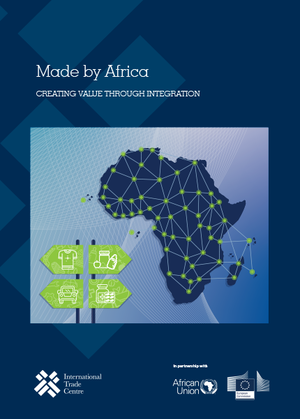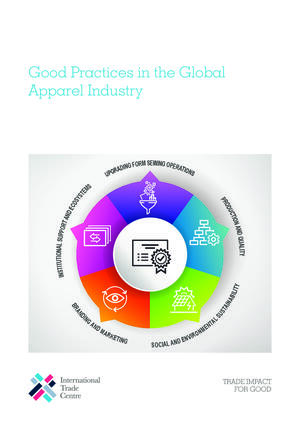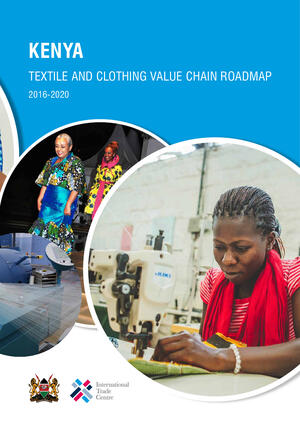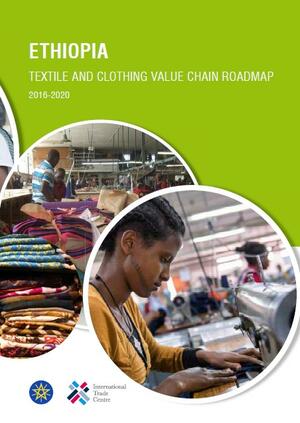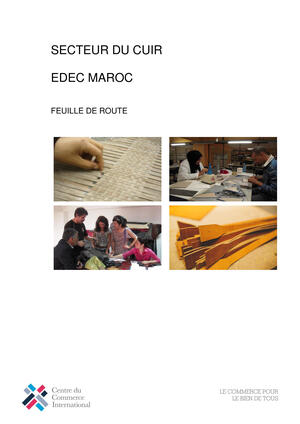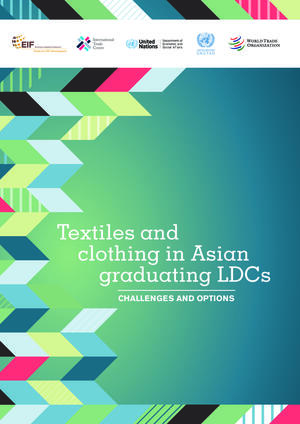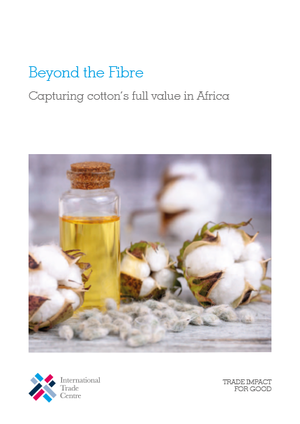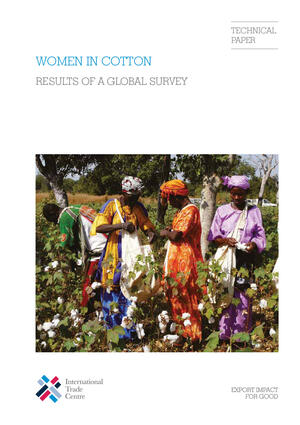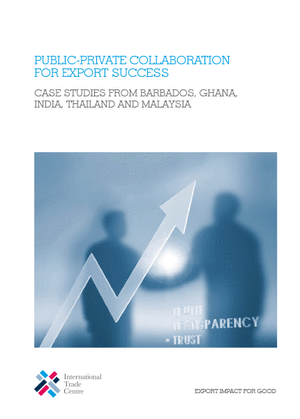


Export opportunities emerge as Nepal prepares move beyond least developed country status
Nepal can offset export losses when it graduates from least developed country through targeted trade promotion and market diversification, according to this International Trade Centre report.
Nepal will no longer be a least developed country (LDC) in 2026. This gives the small, landlocked South Asian country less than five years to prepare its economy for the loss of preferential tariffs and other support measures that benefit LDCs – and take advantage of new opportunities.
Losing tariff preferences could reduce projected Nepalese exports by 4.3%, according to Nepal After LDC Graduation: New avenues for exports, a new report of the International Trade Centre. It predicts that the clothing and synthetic textile sectors – a major industry that benefits from LDC trade preferences – will be the hardest hit, with losses of $21 million and $14 million, respectively.
In addition to facing higher tariffs, many Nepalese garment manufacturers rely on imported textiles and will struggle to meet more restrictive rules of origin criteria after graduation.
Opening new markets
Targeted trade promotion can help companies overcome non-tariff measures, comply with rules of origin or meet consumer preferences. The report identifies clothing exports to Japan, beauty products and perfumes to China, and carpets to Canada as areas where targeted trade promotion could unlock enough exports to offset expected losses.
An expected $14 million loss in shipments of synthetic textile fabrics to Turkey could be neutralized by exporting more of these goods to India and Bangladesh, which together have untapped export potential in excess of $16 million. Nepal could offset a projected $1.8 million in lost apparel exports to Canada by cracking open the US and Chinese markets, worth $3.6 million and $3.4 million, respectively, the report says.
Qualifying for the European Union’s Generalized Scheme of Preferences Plus (GSP+), which gives developing countries an incentive to pursue sustainable development and good governance, could reduce Nepal’s export revenue losses by up to 30%. Textiles and apparel alone would avoid losing as much as $17 million. Qualifying for GSP+ is challenging, however, and involves meeting tough economic criteria and ratifying 27 international conventions.













